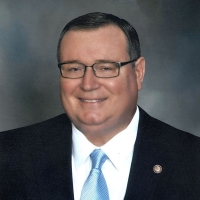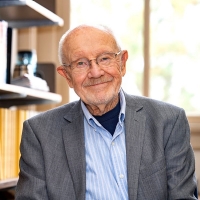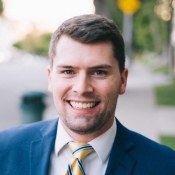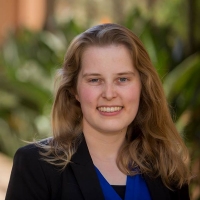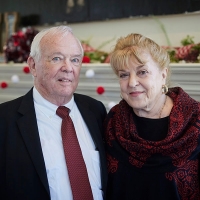Garrison (B.A., Political Science, ’06) is a seasoned public servant whose career includes federal service and advocacy work, focusing on issues related to agriculture, hunger and nutrition.
A field trip to Capitol Hill during her senior year of high school sparked her dream of one day working within the halls of Congress. After gaining her degree from OU, Garrison set out to do just that. Since then, she has held several policy positions on Capitol Hill, including serving as legislative assistant to Congresswoman Gwen Moore of Wisconsin and most recently as Deputy Chief of Staff and Legislative Director to then-Congresswoman Marcia L. Fudge of Ohio.
Garrison also previously worked as an analyst at the U.S. Department of Agriculture Food and Nutrition Service and at the USDA Office of Congressional Relations, liaising with members of Congress and their staff on food and nutrition-related issues. Additionally, she spent time as a policy analyst and anti-hunger advocate at the Food Research and Action Center, working to increase access to school meals in high-need areas.
On March 15, 2021, Garrison was appointed to the Biden-Harris Administration as chief of staff to the Deputy Secretary of Agriculture, the No. 2 USDA official behind Cabinet Secretary Tom Vilsack. In her current role, Garrison serves as chief advisor to the deputy secretary, providing guidance on efforts related to recruitment and youth engagement in agriculture, foreign agricultural trade missions to the U.K. and East Africa, enhancing internal USDA operations and workplace culture, advancing programmatic equity and civil rights enforcement, supportingUSDA’s first-ever Equity Commission, and strengthening access to programs and services for underserved producers and communities.
Garrison’s commitment to public service goes beyond the workplace. She often volunteers her time at local food pantries and mentors young people interested in a career in politics. She is also a second-generation Sooner whose parents both hold degrees from the University of Oklahoma; both were married at First Presbyterian Church near Campus Corner.


